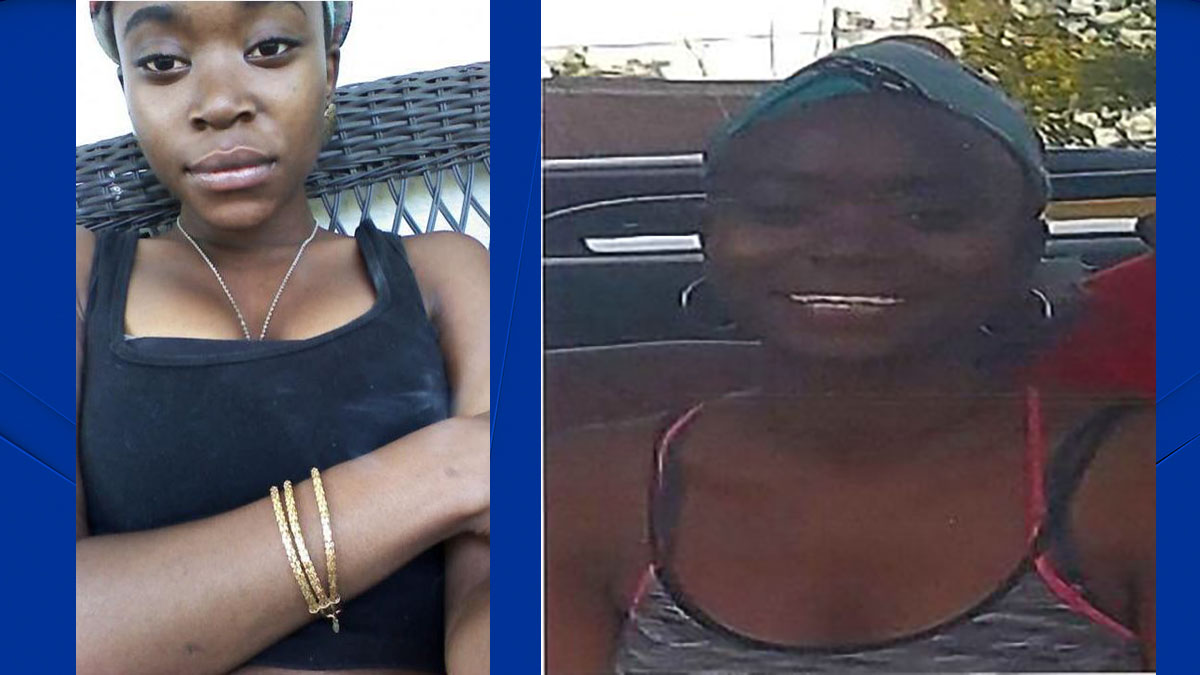What to Know
- In Manhattan, as of Wednesday, prosecutors are no longer taking people to court for smoking pot in public or possessing small amounts of pot
- Manhattan joins Brooklyn in moving to a declined-prosecution model as the city moves toward decriminalizing low-level marijuana offenses
- Police officers will shift to issuing criminal summonses for public marijuana smoking, instead of making arrests, starting Sept. 1
Caught in the city with a doobie or a dime bag? The consequences you'll face vary from borough to borough.
In Manhattan, as of Wednesday, prosecutors are no longer taking people to court for smoking pot in public or possessing small amounts of weed. But those kinds of cases are still being tried in Staten Island, Queens and the Bronx.
Manhattan joins Brooklyn in moving to a declined-prosecution model as the nation's biggest city moves toward decriminalizing low-level marijuana offenses and the state grapples with potential legalization.
Police officers will shift to issuing criminal summonses for public marijuana smoking, instead of making arrests, starting Sept. 1.
"We are removing ourselves from the equation," Manhattan District Attorney Cyrus R. Vance Jr. said.
Vance estimated the new policy will cut Manhattan marijuana cases from about 5,000 per year to fewer than 200 per year. That's about a 96 percent reduction.
Local
Brooklyn prosecutors started pulling back on marijuana prosecutions in the spring and say they've already seen a drastic drop in cases sent to court. District Attorney Eric Gonzalez said his office went from trying 349 marijuana cases in January to just 29 in June.
Marijuana is illegal in New York state except for medical use on a strictly regulated basis, but a state report on the issue recommends legalization.
New York City set out to change its marijuana enforcement policy in May after The New York Times reported that blacks, who make up 24 percent of the city's population, were eight times more likely to be arrested on low-level marijuana charges than whites, who are 43 percent of its population.
Soon after, Gonzalez and Vance said they would scale back marijuana-related prosecutions, and police convened a group to study the policy with input from academics, community leaders and others.
"The glaring racial disparities in who is and is not arrested have contributed to a sense among many in our communities that the system is unfair," Gonzalez said. "This in turn contributes to a lack of trust in law enforcement, which makes us all less safe."
Manhattan prosecutors say they'll still pursue cases against marijuana sellers and people posing a significant threat to public safety.



